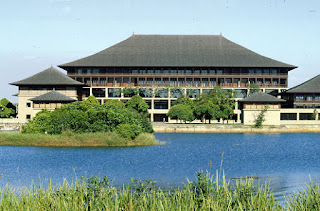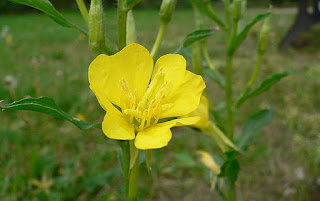Politics, Pain and Positivity - Sri Lanka's Democracy November 2018
Positivity
Over the last five years in Sri Lankan politics there has been evidently, even from foreign checks, an improvement in its genuine quality. Politics must always attain a genuine quality in everything it does, and this includes the harmonisation between democracy, judicature and the public.
There is great admiration and success in Sri Lanka's democratic history, in terms of overcoming the country's throes and woes. For example, repeated colonisation, civil conflict, natural disaster and the spread of disease. Its economy and infrastructure has vastly shaped and embossed a rising 'middle class' which has risen up from poverty, and the GDP rate continues to increase positively from 7 years ago. Yet from describing all these challenges, it is obvious to see there are more hurdles along the way to a peaceful functioning government. It requires communication without question or doubt in supporting fairness and equality in a government the people trust in, and a free democracy which the people will vote for when a new government election takes place.
Politics
Maithrapala Sirisena and Ranil Wickremesinghe, simple Sri Lankan civilians, formed a good government in 2015 bringing more than just words to the 'table'. Both have dedicated their efforts to the peaceful political development in Sri Lanka. They were constructing constitutional reforms to bring about a more structured, modern and equal society for everyone. The process is still ongoing, yet there has been some destruction to this initial government, because for democratic political stability Mahinda Rajapaksa was encouraged to join the government, and play a supporting role in its development. However there has been misinterpretation in Mahinda Rajapaksa's role in this new modern and revived government in Sri Lanka.
After the civil conflict ended and peaceful human rights organisations worked to amend the post-conflict situation in the previous government, the new government aimed to move forward in its peace approach and strong governmental administrative position. This blogger can safely say respectfully, after meeting all the aforementioned ministers, they all not only appeared to represent a unified country and government, but always spoke eloquently on the subject of fairness and strength in a peaceful Sri Lankan democracy.
Pain
They for sure would be disgraced and humiliated by the occurrences of a few ministers' actions. The aggressors who were violent should be held accountable and proper judicial measures implemented to fix the peaceful continuity of Parliament. Non-violence and non-aggression should be understood as a formal pre-requisite before anyone enters the parliamentary seating hall.
Politically speaking, it first appeared as though a couple lawmakers began to back the minor fervent role of Mahinda Rajapaska earlier in the year, and analysts have said he gained a backing in the parliament for seats, however this vote was for him to play only a minor role in parliament for the successive government, and allow the nature in politics to shape a strong democracy in the government's development.
The nature of Sri Lankan politics is at an infantile stage post-conflict, and from the actions shown in video clips of the parliament, this is most clear. The actions are infantile.
Analysts from Economic Times said at the time around mid-October, "Rajapaksa now has 99 seats, 14 short of the 113 required. Ranil Wickremesinghe's UNP now stands at 105, just eight short of the majority. Two parties, the Marxist JVP with their six seats and the main Tamil party, Tamil National Alliance (TNA) with their 16 are to stay neutral."
Back to Politics
The Speaker suspended parliament on November 16 and ordered elections to stabilise the government. The Supreme Court ordered a stay of petitions challenging the government as unconstitutional until the government attempted to resolve the issue. The backing of 122 of 225 lawmakers in a voice vote, followed by a signed document, requested for the voted in Prime Minister Ranil Wickremesinghe to retake his rightful seat in office and continue with official obligations.
Hope for a Peaceful Future
Thankfully the Speaker of the House Karu Jaysuriya, has pre-empted this government's instability and unnatural divergence, seeking a solution for the public and an everlasting peaceful democracy to take shape. The proper non-aggressive and legal remedy when there is a turbulent government, must always win. Hopes, prayers, and thoughts are with the present democratically elected Sri Lankan government, so official administrative obligations can see to the needs of the Sri Lankan people.
People are the flowers needing nurturing;
we all must nurture one another.
People are the flowers needing nurturing;
we all must nurture one another.
மக்கள் வளர்க்கும் பூக்கள் உள்ளன
Makkaḷ vaḷarkkum pūkkaḷ uḷḷaṉa
ජනතාව මල් පෝෂණය අවශ්යදැයි
janatāva mal pōṣaṇaya avaśyadæyi




Comments
Post a Comment